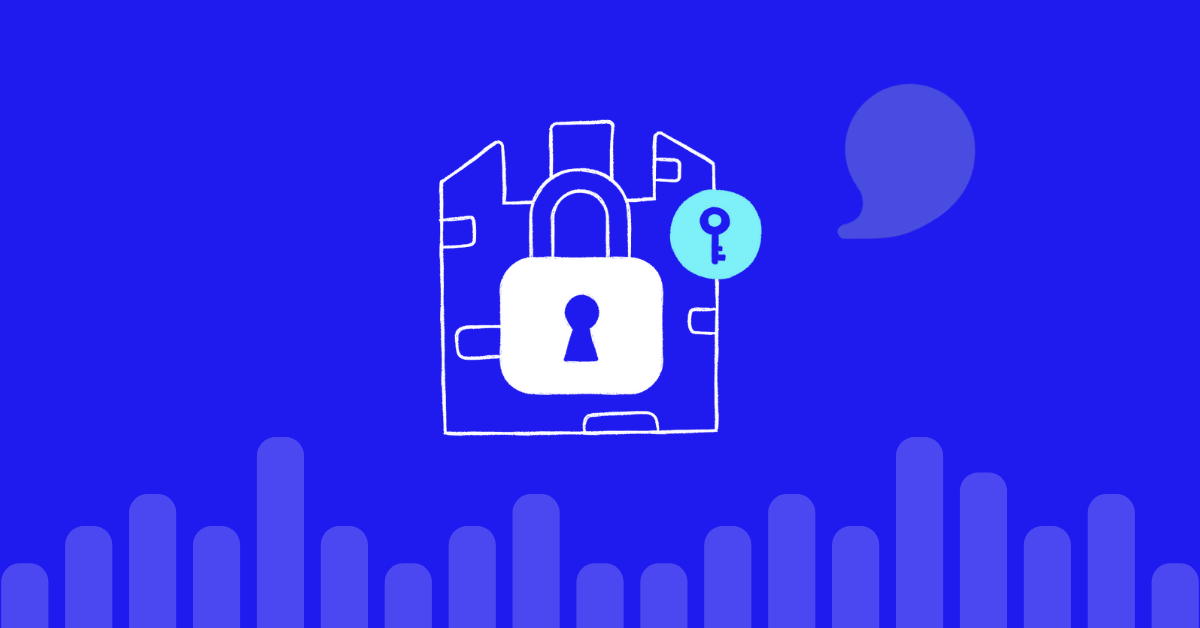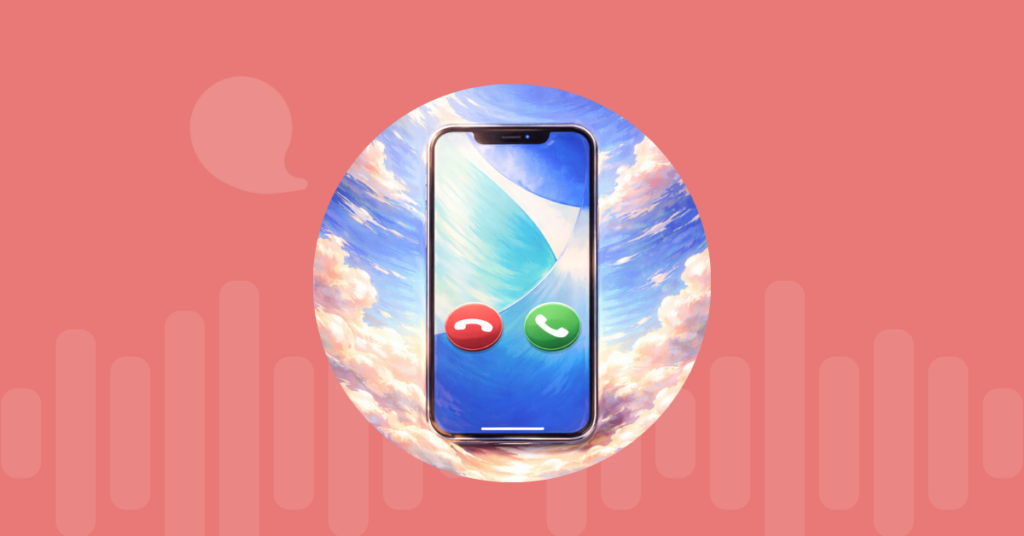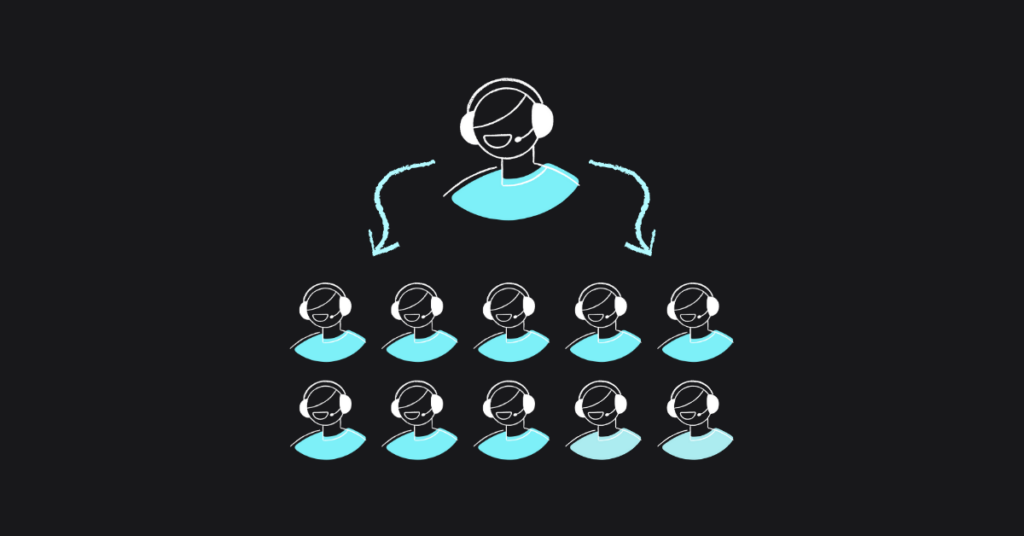
Table of contents
Security and privacy are huge concerns these days and rightfully so. Both governments and corporations are increasingly interested in mining your data and phone calls are no exception. Almost every day the headlines are filled with the latest vulnerabilities, exploits, and scandals involving a data breach of some sort.
It’s no surprise then that many people wonder if VoIP is worth the hassle of upgrading. Some experts even advice businesses and consumers alike to switch back to traditional landlines. Why go to all the trouble of changing your network and habits if VoIP is less secure than your current system? But that’s the crux of the problem. Is VoIP more or less secure than regular landlines?
VoIP vs PSTN
At a technical level, both types of systems are vulnerable to snooping. Especially by the provider and/or the government. That’s basically why most countries require a warrant – even for law enforcement agencies – to wiretap any line.
The main difference between VoIP and the PSTN is the way data is handled, transmitted, and stored. Calls made on landlines travel through circuits and the data is analog in nature. It’s quite easy for someone to listen in on a landline call with relatively cheap equipment. But they need physical access to the wires.
VoIP calls are digital and travel over the Internet. So hackers can eavesdrop on your conversations even though they’re on the other side of the world. All it takes is some software and the technical know-how.
However, that doesn’t mean VoIP is inherently a security risk compared to analog systems. In fact, many experts concur that a properly configured VoIP system is more secure than your typical landline. There are many reasons for this:
VoIP Security Makes the News
Security breaches make the headlines practically all the time. The biggest consequence of these events is that companies are beginning to take notice. No longer is security put on the backburner until a problem crops up. Organizations are being proactive in securing their systems and that includes the phones as well.
Manufacturers and other infrastructure providers are constantly issuing patches and security updates. As long as users apply them and keep updating their hardware, your VoIP phones will be secure.
You Have More Security Tools
Since VoIP data is digital, you can store it for later use. Sadly that also means criminals can capture those data packets and peruse them leisurely. Hackers can intercept calls from anywhere. If one of your employees reveals their password in a phishing scam, your phones could be vulnerable.
But at the same time, businesses have access to more security tools to secure the phones. End to end encryption, changing passwords at regular intervals, securing the endpoints (computers, SIP phones etc.) are all things you can do at your end. Safe computing practices, in general, can also protect your phone system.
You Can Segment and Segregate VoIP Traffic
Some people believe that VoIP is insecure because it travels over the Internet. Whereas regular phone calls have their own network. But again, enterprises have quite a few options when it comes to securing VoIP calls.
For instance, you can segregate VoIP calls from the rest of your business network through VLANs. That means VoIP calls don’t come into contact with regular data packets. That makes it easier to isolate problems and find out if someone has hacked into your network. That also means hackers cannot compromise the phones by breaking into other related systems.
In fact, some companies even go to the extent of having a separate physical network for their phone calls. That way you have complete control over security. What happens on one network doesn’t have to impact the other at all. These are all options you don’t get with regular phone calls.
Should You Upgrade to VoIP or Use Landlines?
When it comes right down to it, there is no such thing as a completely secure phone call. No vendor would be foolish enough to claim that their hardware, software or tool is invulnerable. Even if it were, it’s only a matter of time before someone comes up with a way to break in. If not a technical loophole, there’s always the human element. Users are a security risk in any system but that doesn’t mean you can eliminate them entirely!
Perhaps the biggest advantage of landlines is that most users relied on security through obscurity. Unless someone really wanted to eavesdrop on your calls, you were relatively safe. With VoIP, security issues take center stage. That’s actually a good thing. Knowledge is power and the more you know about a problem, the better your odds of fixing it.
Delaying the upgrade to VoIP for your business because of security concerns isn’t exactly the best decision. What you should be doing is monitoring your systems and making sure to fix security issues before they become bigger problems.
More from the blog
Want to improve your business communication?
Unlock enterprise-class call center power at affordable prices – no hardware, no delays, no surprises!






